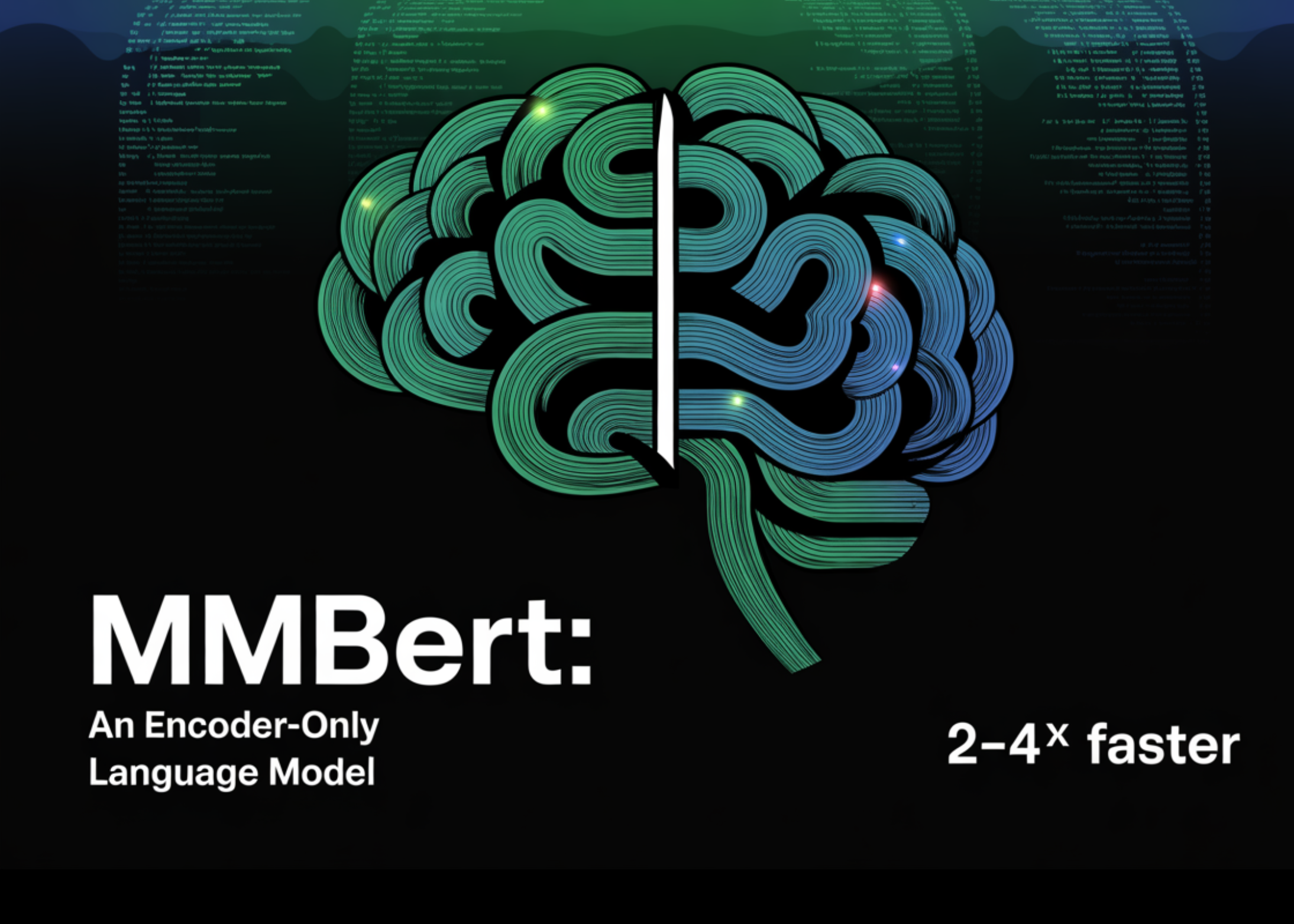
Introducing mmBERT: A Game-Changer in Multilingual NLP
In the ever-evolving landscape of natural language processing (NLP), a new player has emerged: mmBERT, an encoder-only language model that has been pretrained on a staggering 3 trillion tokens of multilingual text across more than 1800 languages. This innovative model is reported to be 2–4 times faster than its predecessors, setting a new benchmark in the field.
Why is mmBERT Needed?
For over five years, XLM-RoBERTa (XLM-R) has been the gold standard in multilingual NLP. Despite the advancements in decoder-based generative models, encoder-only designs like BERT and RoBERTa have proven to be more efficient, particularly in tasks related to embedding, retrieval, and classification. Recognizing the stagnation in multilingual encoder development, a team from Johns Hopkins University has stepped in to fill this gap with mmBERT.
Understanding mmBERT's Architecture
mmBERT comes in two configurations:
- Base model: Features 22 transformer layers, 1152 hidden dimensions, and approximately 307 million parameters.
- Small model: Contains around 140 million parameters with 42 million non-embedding parameters.
The model utilizes the Gemma 2 tokenizer, boasting a vocabulary of 256,000 words, which facilitates its multilingual capabilities.
Training Data and Strategies
mmBERT's training involved a diverse set of multilingual texts, enhancing its robustness. The researchers implemented new training strategies aimed at optimizing performance across low-resource languages, a notable challenge in the field.
Performance Benchmarks
Upon evaluation, mmBERT has shown remarkable performance, surpassing both XLM-R and competing large-scale models such as OpenAI’s o3 and Google’s Gemini 2.5 Pro. This positions mmBERT as a formidable tool for developers and researchers aiming to advance multilingual understanding.
Conclusion
As the demand for efficient multilingual processing continues to rise, mmBERT stands out as a significant advancement in the realm of AI. Its ability to handle a vast array of languages with enhanced speed and efficiency will likely influence future developments in natural language processing.
Rocket Commentary
The emergence of mmBERT marks an exciting advancement in multilingual NLP, promising significant improvements in processing speed and efficiency. However, as we herald this new model, it is crucial to consider the broader implications for accessibility and ethical deployment in diverse linguistic contexts. While mmBERT's capabilities could empower businesses to reach global markets more effectively, we must ensure that such technology is not only advanced but also equitable. There is a risk that the rapid development of these models could outpace efforts to mitigate biases inherent in language data. Therefore, stakeholders in the industry should prioritize transparent practices and inclusive methodologies that support ethical AI development, ultimately transforming how we leverage language processing technology for all users.
Read the Original Article
This summary was created from the original article. Click below to read the full story from the source.
Read Original Article